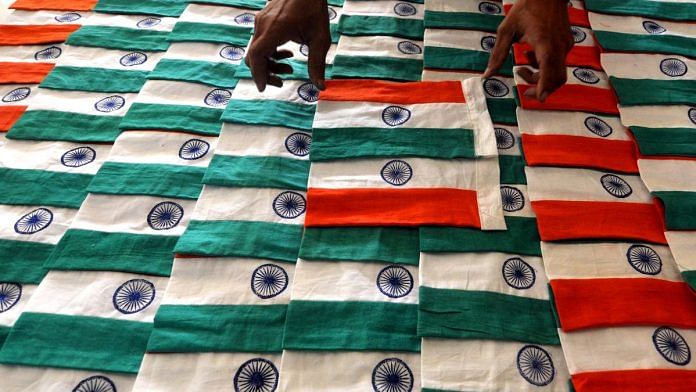Thank you dear subscribers, we are overwhelmed with your response.
India or Bharat? The debate is more convoluted than the Nephron’s tubule. It dives deep into Mahabharat and Purana and surfaces to draw from what various leaders opined about the issue at the time when we won independence. With the controversy becoming more and more cantankerous by the day here are my 2 bits.
If only one looked at nature and her smart ways of dealing with and getting around challenges, we could learn a thing or two from it. One needs to draw lessons from the flexible ways of nature. A keen observation and powerful metaphors which we may sometimes miss in plain sight.
Behind the intricate dance of life on Earth lies the complex language of genetics. And the heartbeat of genetics is the genetic code, a universal set of instructions that guides the formation of proteins, the building blocks of life. While it might seem like an unyielding set of rules, there’s a fascinating exception known as the “Wobble Rule.” This rule highlights the astonishing flexibility of our genetic code and teaches us a valuable lesson about not sweating the small stuff and reexamining our perspective
The genetic code is essentially the Rosetta Stone of life. It is a set of instructions encoded in DNA and RNA, using a sequence of three nucleotide bases called codons, which determine the order of amino acids in a protein. There are 64 possible codons, each representing an amino acid or a stop or start signal that tells the cell when to halt or start protein synthesis.
In the early days of genetic research, it was believed that each codon corresponded to only one specific amino acid. However, as science delved deeper into the intricacies of molecular biology, an exception was discovered by Francis Crick – the Wobble Rule. This rule states that the third nucleotide base in a codon can sometimes vary without affecting the final amino acid incorporated into the protein. This allows for little positional adjustment when the codons and anticodons pair. It allows for a little play or wobble!
For example, consider the amino acid leucine, which has six codons (CUU, CUC, CUA, CUG, UUA, UUG). All of these codons share the same first two bases (CU), but the third base varies. This variation is the essence of the Wobble Rule. It allows for a single amino acid to be coded by multiple codes, increasing the flexibility and adaptability of the genetic code. Isn’t that smart? This points out to an empowering perspective- Don’t sweat the small stuff.
The Wobble Rule serves as a powerful metaphor for not sweating the small stuff in life. Just as a slight variation in the third base of a codon doesn’t alter the final protein, minor differences or imperfections or alternative names in our daily lives is not worth endless hours of controversy on national television. Why do we then often get caught up in egocentric trivial details, losing sight of the bigger picture. Embracing the flexibility of the genetic code, we can remind ourselves that small variations can lead to equally successful outcomes. The Wobble Rule underscores this idea in each of the trillion cells of our body. This concept should encourage us to look beyond labels and not make a big deal out of names in our interactions with the world.
Humans often attach significance to labels, whether they relate to names, titles, or affiliations, and sometimes we allow these labels to cloud our judgment. The Wobble Rule reminds us that what truly matters is the essence, the function, and the outcome, rather than the name itself.
Like every name of Lord Vishnu mentioned in Vishnu Sahastranamam offers the devotee a special connection to the supreme being. A fundamental teaching emerges from this revered text by sage Vyasa, and it is that it is important to transcend labels.

